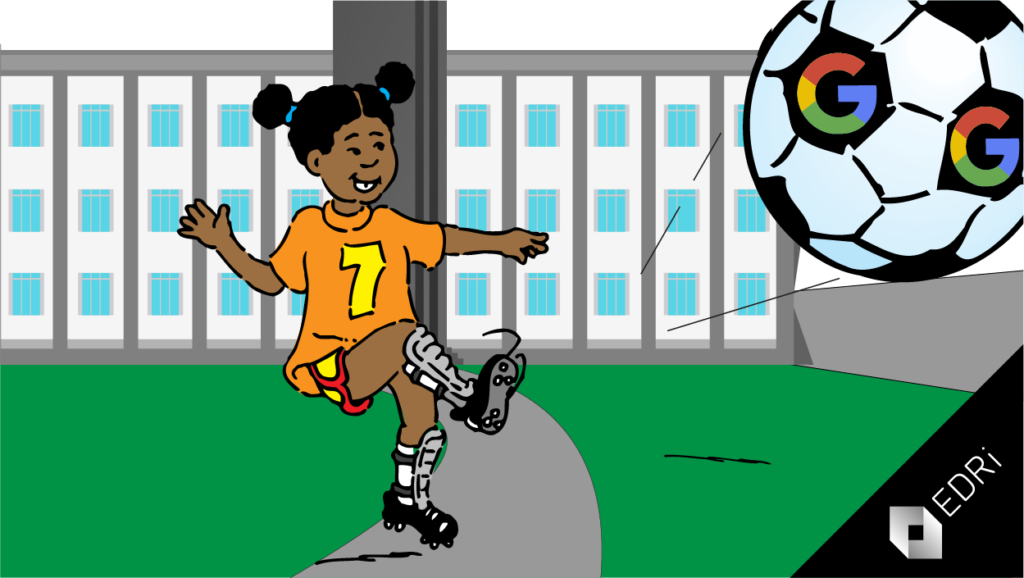Spain: Catalan government agrees to improve privacy in schools
The Catalan Department of Education has signed an agreement accepting the plan proposed by Xnet, EDRi member from Spain, titled “Privacy and Democratic Digitization of Educational Centers,” to guarantee the privacy of data and the democratic digitization of schools. The plan foresees the creation of a software-pack and protocols that ensure the educational establishments have alternatives to what until now seemed the only option: the technological dependence on Google and its attached elements, with worrying consequences on individual data.
The Catalan Department of Education has signed an agreement accepting the plan proposed by Xnet, EDRi member from Spain, titled “Privacy and Democratic Digitization of Educational Centers,” to guarantee the privacy of data and the democratic digitization of schools. The plan foresees the creation of a software-pack and protocols that ensure the educational establishments have alternatives to what until now seemed the only option: the technological dependence on Google and its attached elements, with worrying consequences on individual data.

Things can be different. With this plan, Xnet seeks to create an organic system in educational institutions that guarantees the use of auditable and accessible technologies and that said technologies contribute to preserving the rights of the educational community.
The key points of the project are:
- Safe and human rights-compliant servers;
- Auditable tools already in use, added in a stable pack;
- Training that updates the culture in educational centers in favor of the use of digital technologies that respect human rights.
In Spain and in many other places, COVID-19 has shown how late institutions are in digitisation and their will to understand it. Digital-related public policies often range from carefree technosolutionism to technophobic neo-ludism. The result of these policies in which the educational community is being lectured about the dangers of technology while forced to bend to the will of large digital corporations, is that those dominant platforms already control the vast majority of educational establishments … and therefore the behavior of the students, their families and teachers.
In order to be a society suitable for the digital age in which we live in, it is not necessary to know about technology, nor to be more afraid of it than any other tool. This means that digitisation should be undertaken in an accessible and rational way for everyone; a truly democratic digitisation that improves society. Books have served to build our societies. Nobody expects that whoever wants to use or teach them has to know bookbinding. Perhaps this is where the initial problem arises. If the other subjects are taught by experts on these subjects, why in the field of digitisation do we often only resort to “technicians” and security officers to warn of their dangers?
The notions of network and connectivity allow us to operate in an agile way, having the ability to start processes being few in numbers but having a huge impact, even without the need of advanced technological knowledge.
Read more:
(In Spanish) Propuesta para la excelencia en la privacidad de datos y la digitalización democrática de los centros educativos (03.06.2020)
https://xnet-x.net/privacidad-datos-digitalizacion-democratica-educacion-sin-google/
(In Spanish) El encuadernador y el exorcista: sobre el futuro de la digitalización en la educación (y en todo lo demás) (10.06.2020)
https://blogs.publico.es/dominiopublico/33360/el-encuadernador-y-el-exorcista-sobre-el-futuro-de-la-digitalizacion-en-la-educacion-y-en-todo-lo-demas/
(Contribution by Simona Levi, from EDRi member Xnet).
